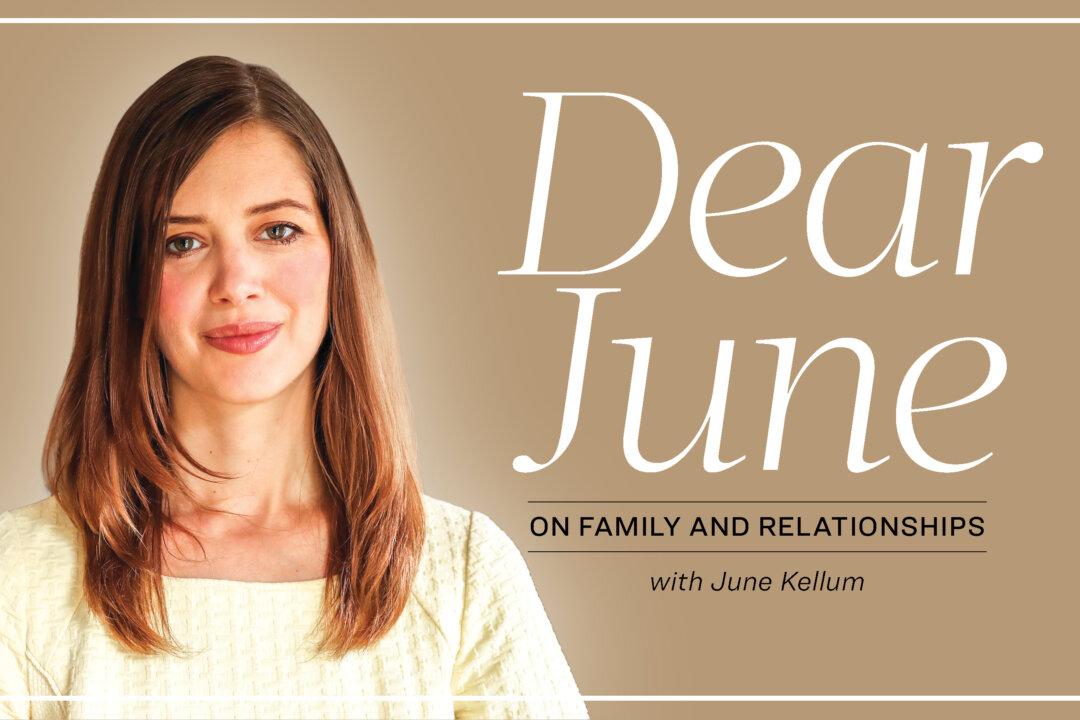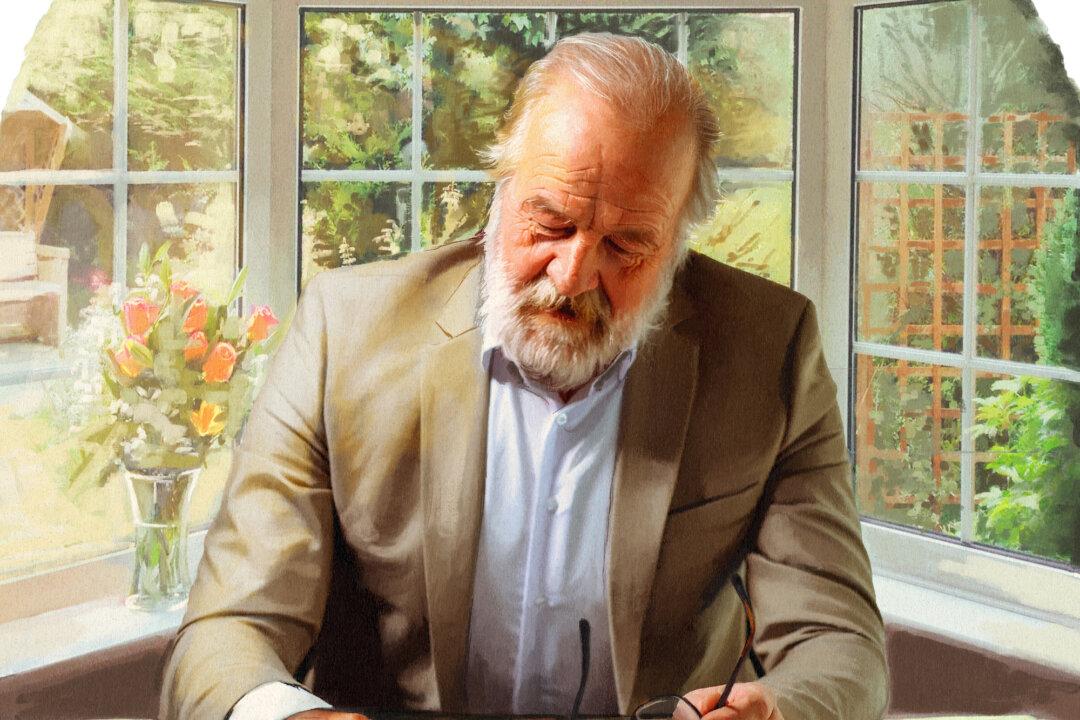Dear June,
I’ve been a subscriber to Epoch Times for about five months now and I’ve really been enjoying your column. I am a 39-year-old married woman with two boys, ages 6 and 8. This year has been profoundly transformational and challenging for me. I’ve lived my life as a strong, opinionated, career-oriented feminist who held tightly to the many beliefs and ideals of the liberal left. Well ... I’ve undergone a huge change in my beliefs and attitudes toward family, feminism, masculinity, religion, economics, and politics. It’s been enlightening but also incredibly challenging because some of my relationships have changed.



